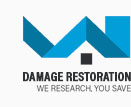 |
 |
 |
|
|
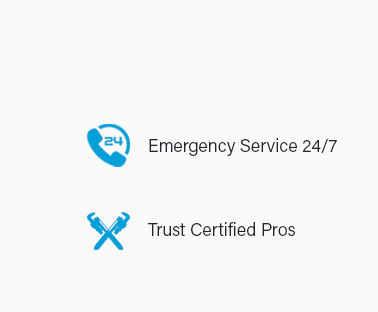 |
 |
 |
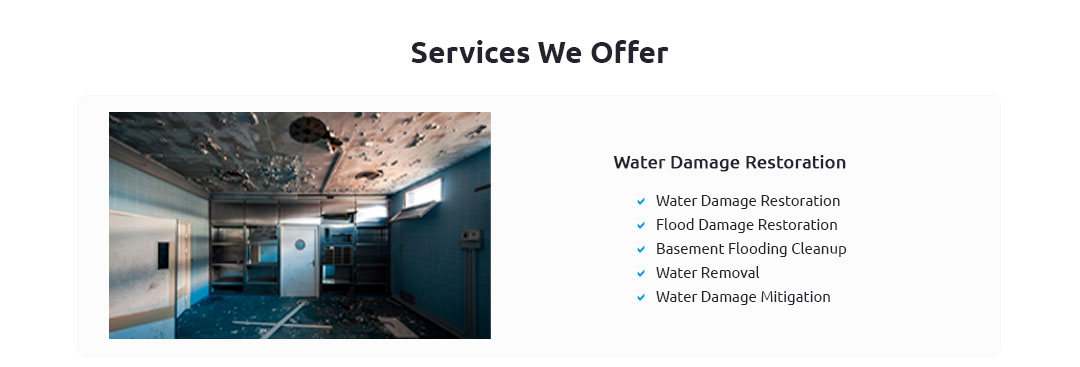 |
 |
 |
 |
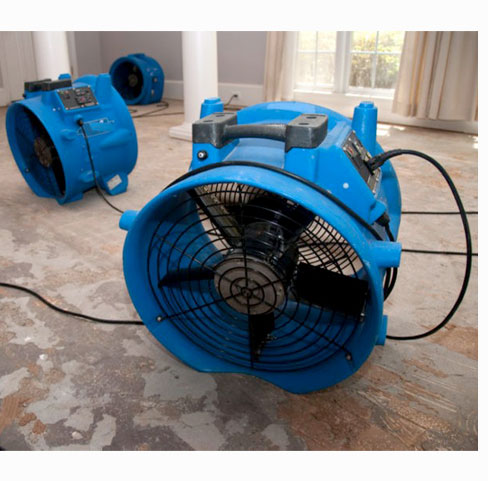 |
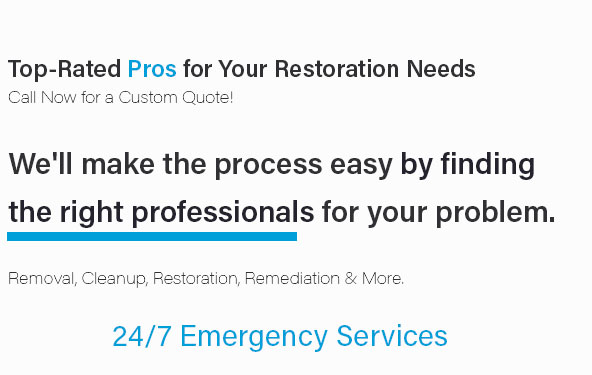 |
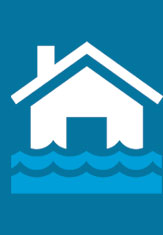 |
 |
|
When disaster strikes, you need more than just a repair service; you need a hero in your corner, ready to tackle water leaks with precision, extinguish the chaos of fire damage, banish the relentless scourge of mold, and stand tall against the fury of storms, transforming catastrophe into calm with expert craftsmanship and unwavering commitment, because we don't just fix-we restore, revitalize, and renew, ensuring your home not only survives but thrives, turning adversity into an opportunity for a fresh start.
https://www.reddit.com/r/Plumbing/comments/15q9971/water_meter_leak_do_i_need_to_hire_a_plumber/
Would all the water currently in the house and the supply pipes coming from the meter have to be somehow drained before a repair could be ... https://www.homedepot.com/c/ah/how-to-fix-a-leaky-pipe/9ba683603be9fa5395fab90a6c87071
Use epoxy putty or pipe putty as a temporary fix to a leaky pipe. Pipe putty is designed to harden at room temperature and seal the hole or ... https://www.rotorooter.com/plumbing/leak-repair/
Have a water leak in your home? If you're in need of a leak repair for your basement, bathroom, or kitchen, call Roto-Rooter today and schedule a water leak ...
|